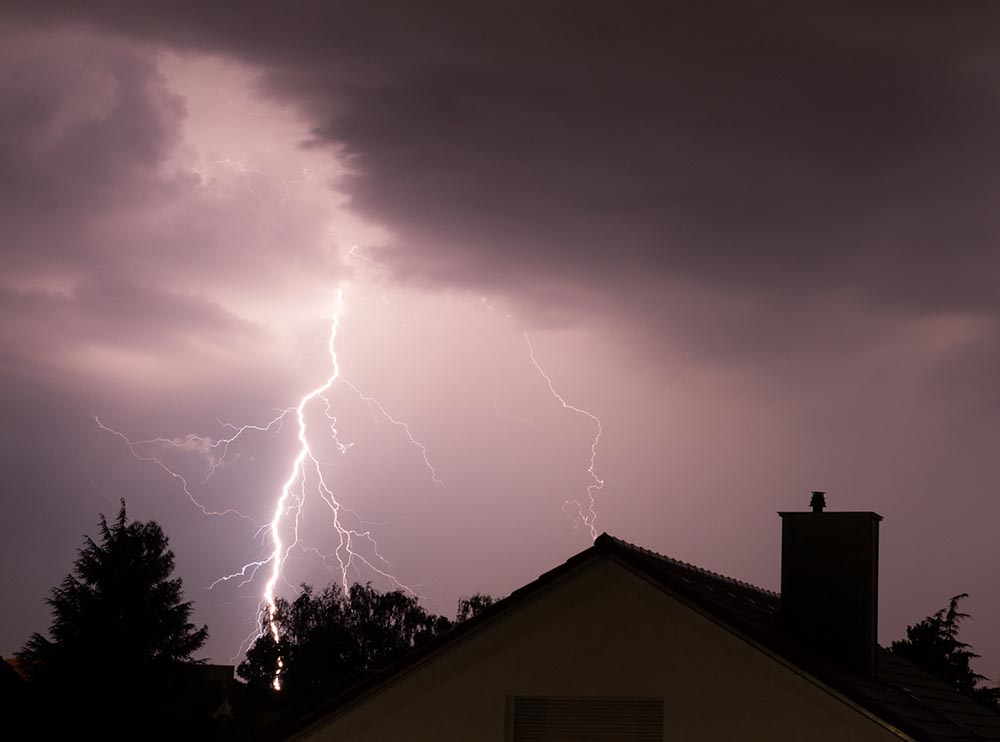There are several things you may find confusing when it comes to electricity. However, one of the most confusing aspects is the terminology that you may here. For example – what is a lightning arrester? What is a surge arrester? Are they different? While this can be somewhat of a confusing topic, keep reading to learn more.
What’s All the Confusion About?
The main problem here is that there are several terms that come into play and many people – including electricians – don’t use the terms properly. Two of the terms that are often confused include “surge arrester,” which is commonly confused with the term “surge suppressor.” These items are both designed to protect the electrical network, appliances and wiring in your home, but they don’t do this the same way.
Surge suppressors work to mitigate any transient voltages along with power surges that occur in your home by sending the excess power into the attached outlet or the circuit grounding wire. This helps to reduce the risk of shoring out your expensive equipment. Usually, these are installed in your network or may be found in simpler tools, such as a surge protector.
The surge arrestor works to eliminate specific types of surges. You can view the arrestor as a type of protection from various external problems. An example of this would be a problem caused by complications with the power grid or lightning.
Surge Arrester vs. Lightning Arrester
There is a simple difference between a surge arrester and a lightning arrester. One will protect your home from the inside and the other protects it from the outside.
If lighting happens to strike your home, the lightning arrester, which is installed on the outside, works to detour the electricity away from your home and your appliances, sending it to safe ground.
The surge arrester performs a similar function; however, it will intercept the surge that results from a strike, sending the excess energy into the grounding wire or some other predetermined and acceptable grounding application.
Surge Protector vs. Lightning Arrester vs. Surge Arrester: Which Do You Need?
When trying to figure out what type of protection is right for your home and needs, you need to carefully consider what you are trying to protect. All of these tools can perform the same task in essence, and in the majority of homes, any of the tools will safeguard you and your appliances adequately.
While this is true, it is still important that you consult with a certified and trained electrician to find out what option best suits your needs. Every home is unique, which means your specific electrical needs are unique, as well. An electrician can determine if you need more complicated or precise solutions or if any option will be sufficient.
If you need help or have questions about the right option for your needs, contact Fusion Electric. We will ensure you get the solutions needed in a timely and efficient manner.


